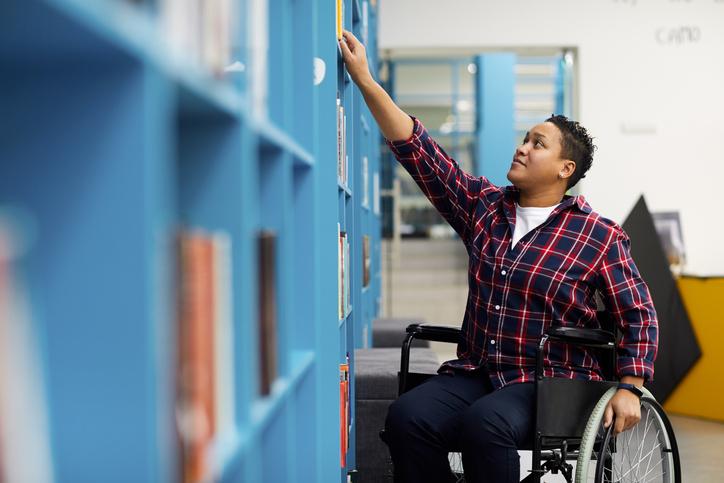
Five steps to support autistic students on their higher education journey
As we strive to create inclusive environments, it’s essential to implement strategies that assist and cater to the unique challenges faced by autistic students, says Jane Dashwood
You may also like
Popular resources
Education on and awareness of autism is important in the modern university. People should have a better understanding of the issue and the challenges that autistic people face, as well as how best to support them during their education.
As we strive to create inclusive environments, it is essential to implement strategies that assist and cater to the unique challenges faced by autistic students. By adopting the five top tips below, universities can enhance the educational experience and well-being of autistic students, promoting their academic success and personal growth.
Raise awareness and promote acceptance
The first step in supporting autistic students is to raise awareness and promote acceptance among staff, faculty and other students. Organise workshops and training sessions to educate the university community about autism, dispelling common myths and misconceptions. At the University of Warwick, where I work, we support and encourage our autistic students to host workshops in safe spaces where staff and students can ask questions and share experiences, fostering a culture of understanding and acceptance. This can have many benefits, including providing an enhanced understanding of the preferred language to use when discussing autism – for example, “an autistic student” rather than “a student with autism”.
- For diverse communities to thrive, we need intersectional policies and practices
- We can help students with intellectual disabilities shatter glass ceilings
- Listening, learning and responding to disabled students
Provide sensory-friendly environments
Sensory sensitivities are a common characteristic of autism, and the university environment can be overwhelming for autistic students. Universities should aim to create sensory-friendly spaces on campus and provide clear warnings for planned fire alarms and other sensory disturbances. The dedicated areas should be equipped with dimmed lighting, comfortable seating and noise-cancellation options, offering a refuge for students to decompress and recharge during overwhelming moments.
Establish clear communication channels
Effective communication is crucial for autistic students to thrive in a university setting. Establish clear communication channels, such as a designated point of contact or a dedicated office for disability services, where students can seek guidance and support. Additionally, provide written instructions, visual aids and advance notice of any changes or disruptions to routines, as autistic individuals often benefit from structured and predictable environments. As the library accessibility officer at Warwick, I am the key contact for requests and support and always ensure clear and safe communication.
Offer flexible learning options
Recognise that autistic students may have unique learning preferences and styles. Universities should provide flexible learning options to accommodate these differences. Consider offering alternative formats for lectures, such as providing transcripts or recorded lectures. Allow for accommodations during assessments, such as extra time, quiet spaces or the use of assistive technology. When autistic students come to Warwick, they are offered a place on an early arrival transition programme and other reasonable adjustments, as flexibility in learning methods will empower autistic students to showcase their abilities and reach their full potential.
Facilitate social integration and support networks
Social interactions can be challenging for autistic students, making it crucial to facilitate social integration and support networks on campus. Speak to the autistic students and autistic societies at your university and find out what they’d like to do and what support they need. Create opportunities for inclusive social gatherings, such as clubs or interest groups that focus on common hobbies or shared interests.
Supporting and catering to the needs of autistic students in universities is an ongoing process that requires collaboration, understanding and a commitment to inclusivity. By raising awareness, providing sensory-friendly environments, establishing clear communication channels, offering flexible learning options and facilitating social integration, universities can create an environment that empowers autistic students to succeed. Through these top tips, universities can play a pivotal role in shaping an inclusive and accessible educational experience for all students, regardless of their neurodiversity.
Jane Dashwood is library disability support officer at the University of Warwick, UK.
If you would like advice and insight from academics and university staff delivered direct to your inbox each week, sign up for the Campus newsletter.




